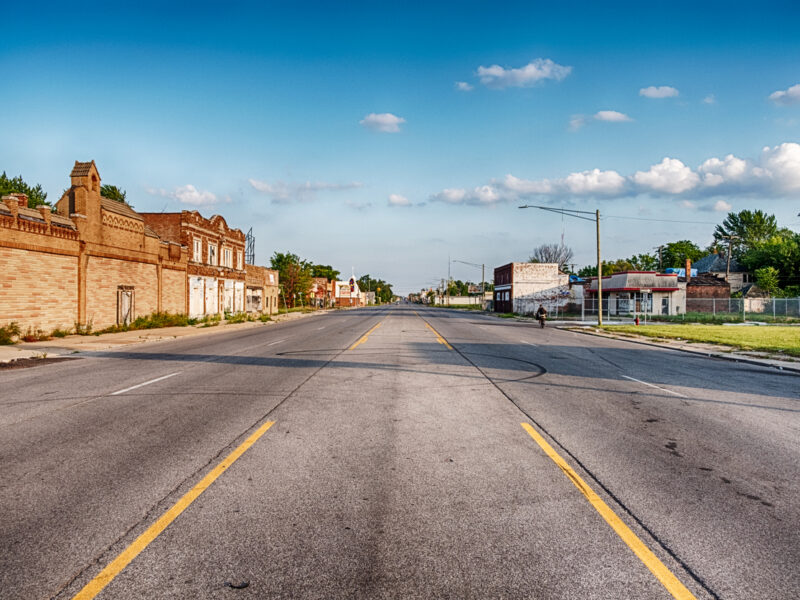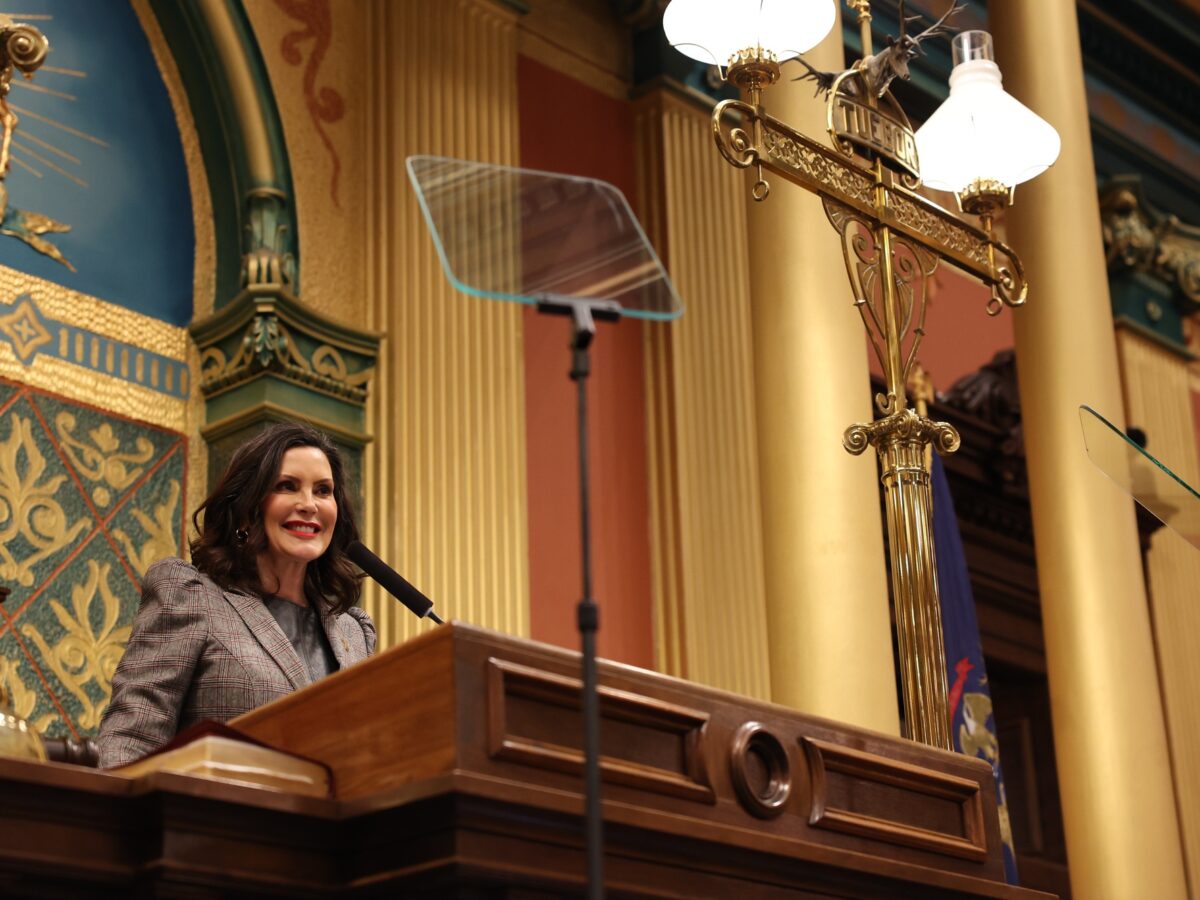Overview:
-Legislation to cap water bills for low-income Michigan households is reintroduced in the state Senate with bipartisan support.
-The legislation aims to establish a statewide water affordability program.
-"Providing access to clean, affordable water is not just a policy choice, it is a moral imperative," says Rev. Paul Perez of Detroit's Central United Methodist Church.
Legislation that would cap water bills for low-income Michigan households was reintroduced in the state Senate Wednesday with bipartisan support.
Similar water affordability bills failed to clear the 2024 lame duck session in Lansing.
In 2020, 317,000 Michigan households were behind on water bills, state Sen. Stephanie Chang said during a virtual press conference Wednesday.
“Water is not just a resource. It’s something every human being needs in order to live.”
The bills introduced in the last legislative term advanced further than any water affordability legislation in years past, said Chang, a Detroit Democrat who has advocated for a state water affordability program for a decade.
When asked about the legislation’s chances with GOP Speaker of the House Matt Hall, Chang said: “There seems to be an openness, and I think that is also reflected in the conversations we’ve had with a number of members of his caucus.”
The legislation will be introduced in the state House of Representatives in the weeks ahead, she said.
State Sen. John Damoose, a Harbor Springs Republican, said the making of the bills has been a bipartisan process.
“There has been so much work put into this whole process to listen diligently to everybody’s concerns on both sides of the aisle,” he said.
The water affordability legislation represents an investment that pays off in the long run, Damoose said.
While some people may object to the $1.25 monthly fee, it’s a small investment that directly benefits communities and families across Michigan, as well as the utilities that provide them water, he said.
“As we’ve seen, the cost of inaction is far greater.”
What’s new in statewide water affordability program proposal?
The revised bills incorporate feedback from legislators and stakeholders, including a reduction in the monthly surcharge that would fund the program from $2 to $1.25, Chang said.
The surcharge would increase by 25 cents per year for three years.
The funds collected would stay within one of four Michigan Department of Health and Human Services business center regions, and local water providers would be able to choose whether to participate in the statewide program or create a local one.
The bills propose a two-tiered system in which households at between 135% and 200% of the federal poverty guideline — or that receive any of several forms of government assistance — would pay a maximum of 3% of income on water.
Households at or below 135% of federal poverty guidelines would see their water bills capped at 2% of income. Households with income between 201% and 250% of the federal poverty guideline would be eligible for hardship waivers.
Enrollees in the program, which would be divided into four regions of the state, would have water debts of up to $1,500 forgiven. After a year of successful participation, enrollees would be eligible to have another $1,500 in water debt forgiven, and after two years of successful participation, forgiveness of any remaining debt.
The legislation calls for a water affordability program to come online no later than 18 months after after collection for the fund starts. Other provisions include shutoff protections, rights for tenants around water bills at rental properties, and decriminalization of laws pertaining to tampering with utility equipment.
MORE REPORTING ON DRINKING WATER
Highland Park residents face boil water advisories as city replaces century-old pipes
Highland Park resident Runae Ford said the latest boil water advisory couldn’t have come at a worse time: the end of the month. “At least do something about our water bill,” she says. “We’re paying for something we cannot use.”
Environment on the sidelines in Whitmer’s State of the State address
Michigan Gov. Gretchen Whitmer started her seventh annual State of the State address with a familiar theme: “the importance of working with anyone to get things done for Michiganders.” That includes working with the Trump administration, with which Whitmer said she “hopes to find common ground.” Whitmer, a Democrat, focused on three priorities that will drive…
Michigan legislators push for water affordability in lame duck
Michigan legislators and advocates push for a 2023 bill package to create a statewide water affordability fund, capping bills for low-income residents via a $2 surcharge on ratepayers’ bills, aiding over 370,000 households.
Detroit pastor: Clean, affordable water is ‘moral imperative’
Detroit’s delegation in the state Legislature is advocating for gap funding for the city’s Lifeline water assistance program, state Rep. Tonya Myers Phillips, a Detroit Democrat, said on Wednesday’s press call.
The Lifeline program stopped taking applications in December due to funding constraints, the Detroit Free Press reported.
Rev. Paul Perez, lead minister at Central United Methodist Church in
Detroit and a representative of the People’s Water Board Coalition, said the proposed statewide water affordability program offers solutions rooted in compassion, fairness, and justice.
“Providing access to clean, affordable water is not just a policy choice, it is a moral imperative,” he said. “And it is urgent.”





